Oberland was founded on the desire to do better, to contribute towards leading traceable systemic change. Through our commitment to our life cycle analysis (LCA), B-Corp certification, and aligning ourselves with several United Nations Sustainable Development Goals (UNSDGs), the Oberland team is committed to defining and setting a new standard in corporate and social leadership.
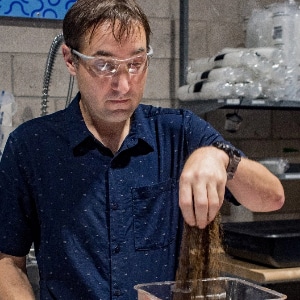
Life Cycle Analysis
Sustainability is at the heart of everything we work towards at Oberland. Our mission to become a zero-waste protein producer is borne of a responsibility to close the food loop. We want to make a local impact on the global protein shortage and address the food waste challenge in our region.
We have been working with EarthShift Global for over a year now to understand the total environmental footprint of our products. Our LCA empowers us to be transparent about the carbon footprint of rearing the black soldier fly and be transparent about the environmental benefits gained from insect farming.
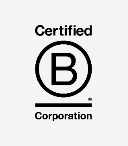
B-Corp Certification
Certified B Corporations are businesses that balance purpose and profit. They are legally required to consider the impact of their decisions on their workers, customers, suppliers, community, and the environment. This is a community of leaders, driving a global movement of people using business as a force for good.
Oberland is proud to be a BCorp-certified company.
UN Sustainable Development Goals
Everything we strive for at Oberland is rooted in a responsibility to do better. To be a sustainable, low environmental impact force for change. By clearly aligning ourselves to three of the UN SDGs, Oberland strives for transparency and accountability on our environmental goals and metrics. Oberland is committed to sharing our sustainability metrics publicly, providing an ongoing measure of the environmental impact of feedstocks upcycled by Oberland.
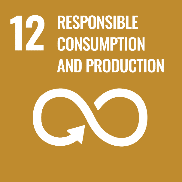
Goal 12: Ensure Sustainable Consumption and Production Patterns
Too much food is being lost or wasted every day in every country. 13.3% of the world’s food is being lost after harvest and before reaching retail markets. This is a financial loss to food producers and a loss of perfectly usable nutrition.
By utilizing this food “waste” in our process, Oberland upcycles the nutrient value to a usable protein ingredient.
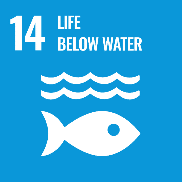
Goal 14: Life Below Water
Our ocean, the world’s largest ecosystem, is endangered from overfishing, plastic/marine pollution, ocean warming, acidification, and eutrophication (an increase in underwater plant and algae growth).
Oberland’s regenerative protein production process is one solution to alleviate the heavy over-reliance on fish meal as a protein ingredient. In turn, this leads to a reduction in overfishing, giving stocks time to replenish and more seafood availability for human diets.
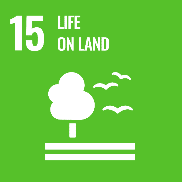
Goal 15: Life on Land
10 million hectares of forest are destroyed every year. Almost 90% of global deforestation is agricultural expansion.
Intensive agriculture practices are depleting the soil of its nutrients, making it less arable.
As a civilization, we don’t need to clear forestland to gain more arable land. Oberland is committed to empowering regenerative agriculture practices and enabling soil health replenishment.
Innovate with Nature: advance soil, plant, and animal health while driving sustainability with BSFL.
